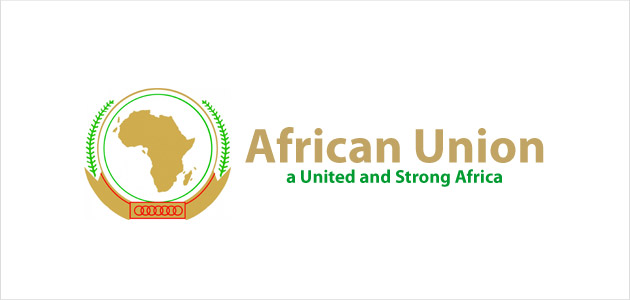By Aminu Magashi Garba
A press statement shared with Health Reporters on October 5th 2015 highlighted that the African Union Ambassadors meeting Friday 2nd October 2015 was focused on the progress in the implementation of AU health policy frameworks that are due to expire at the end of December and the next steps in achieving universal health access. The meeting came in less than a week after world leaders meeting in New York adopted Sustainable Development Goals (SDGs) that replaced the Millennium Development Goals (MDGs). The ambitious goals would address the unfinished business of health related MDGs and lay a solid foundation to put the world on a path to sustainable development and end poverty within an ambitious 15 years’ timeframe.
“Sustaining health and education gains is key in our collective efforts to achieve the new Sustainable Development Goals” said H.E. Daouda Diabate, Ambassador of the Republic of Cote D’Ivoire to the United States of America.
“The international community has made remarkable progress since 2000 to fight AIDS, tuberculosis and malaria, and tens of millions of lives have been saved. However the global community needs to continue to invest in lifesaving health programmes,” said President of the Friends of the Global Fund US, Deb Derrick. “Countries should remain committed to growing domestic health budgets in a time of limited international development resources,” she added.
The statement revealed that the African Union Ambassadors pledged to advocate for the current efforts to have a fully funded Global Fund in the 2016 replenishment cycle. Close to 70% of the Global Fund resources support programmes in Africa. The AU representatives were briefed on the ongoing review of the Abuja Call and the AU Roadmap highlighting the critical milestones, remaining challenges and emerging issues in addressing health on the continent.
It also observed that in less than a decade access to HIV treatment in Africa increased more than 100-fold. Approximately 10 million people are now on treatment. New HIV infections and AIDS-related deaths in Africa south of the Sahara declined by 33% and 30% respectively. Malaria incidence was reduced by 31% in Africa. An estimated 337 million malaria cases and 3 million deaths were averted in Africa. Malaria mortality rates have declined by 54% overall and by 58% among children. Africa’s TB treatment success rate reached 86% in 2013. In 2013 the case detection rate had slightly improved at 52%. Africa outpaced other regions in determining the HIV status of all people with TB.
However Africa still confronts the world’s most acute public health threats. AIDS remains a leading cause of death in Africa, killing 1.1 million people on the continent in 2013, with an estimated 1.5 million new HIV infections. An African child still dies almost every minute from malaria. The TB response will need to reach about 1.3 million people in Africa as highlighted by the press statement.
The meeting also provided a briefing on the recent Ebola pandemic that has brought to the fore the need for improved surveillance, international coordination and response, as well as the consequences of poorly- resourced national health systems. The African Union Support to the Ebola Outbreak in West Africa (ASEOWA) deployed the biggest contingent of medical and public health experts (855) from 18 countries on the continent. To be better prepared for epidemics in the future the January 2015, 24th Ordinary Session of the Assembly of the AU in Addis Ababa endorsed the establishment of the Africa CDC. The Africa CDC will serve as a specialized technical institution of the African Union with a vision for a safer, healthier, integrated and prosperous Africa in which Member States can prevent disease, detect, and respond together to crises of public health importance. The Africa CDC will establish early warning and response surveillance platforms to address in a timely and effective manner all health emergencies and support public health emergency preparedness and response.




